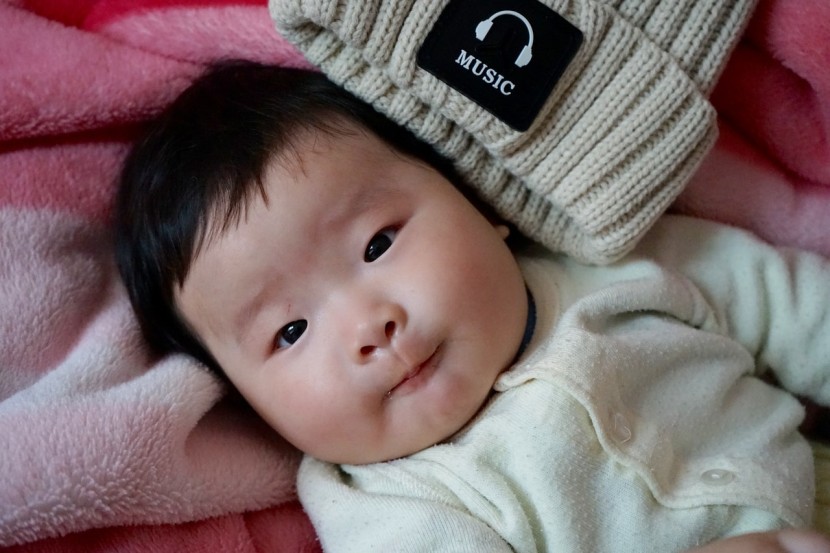Beijing wants more kids, so it signed legislation enabling women to have three children on Friday, but it is unclear when that would take effect.

Why Beijing Wants More Babies?
In a recently published article in CNN News, Beijing's desire for more children seems to be in conflict with preventing certain women from undergoing a treatment that might enable them to become moms. However, Beijing is concerned that allowing women to postpone childbearing would result in fewer kids.
Faced with an aging population and decreasing workforce, China abandoned its divisive one-child policy in 2015. Leaders believed that enabling couples to have two children would help them deal with the impending demographic problem that was threatening the world's second-largest economy's development.
Beijing has battled to persuade families to have additional children since then. In 2020, compared to the previous year, the number of births fell 18 percent to 12 million, marking the fourth consecutive year of decrease, according to a published article in Hago News.
Egg Freezing Technology
As egg freezing technology improved in the early 2000s, the National Health Commission (NHC) issued regulations prohibiting Chinese hospitals and agencies from providing assisted reproductive technology (ART), such as IVF and egg freezing, to single women and couples who do not follow the country's population and family planning laws.
According to the National Health Commission, ART should only be used to assist infertile married couples to become pregnant, or for women diagnosed with cancer who are going to undergo treatment that may impair their fertility but want a child.
Despite tight restrictions on family planning, IVF became increasingly popular in China, with over 906,000 IVF cycles done in 2016, according to a national survey released in February. In the same year, almost 311,000 IVF babies were born. China's official media claimed two years later that it had the world's largest number of "test-tube infants," according to a published article in PubMed.
Expected Expenses for Egg-Freezing
About a third of the clinic's egg-freezing customers come from mainland China, according to Winnie Choi, an assistant operations director at a private reproductive clinic in Hong Kong. Demand from Chinese customers began to increase in 2018, she added, when several Hong Kong celebrities openly stated their want to freeze their eggs.
However, egg-freezing is quite expensive that only a few can afford. A customer in Hong Kong pays $17,000 for her egg to be frozen, which includes a roughly $1,400 yearly storage cost. A comparable journey farther away, on the other hand, may be considerably more expensive. According to the website FertilityIQ, egg treatment and storage may cost up to $40,000, not counting travel-related costs, and Shanghai-based medical tourism service IVF USA connects Chinese customers with American fertility facilities, according to MSN News.
How Egg-Freezing Helps Women?
Furthermore, in March, Huang Wenzheng, a senior researcher at the Center for China & Globalization who specializes in demographic studies, stated in a study that legalizing ART, including egg freezing for unmarried women over 35, may help increase the Chinese population.
Others, such as Diverse Family Network's Dong Xiaoying, acknowledge that removing limitations may encourage women to postpone childbearing plans, resulting in lower birth rates in the future. According to Zhang of IVF USA, the tiny number of women with the financial means and desire to freeze their eggs implies that any loosening of the restrictions will have little effect on the demography of a nation with 1.4 billion people.








